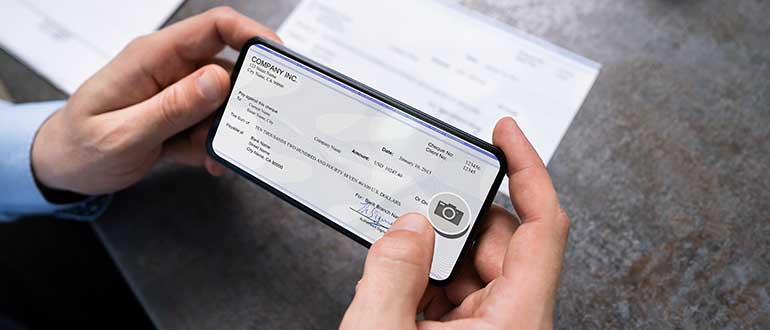
Tax levies are a crucial part of the tax system and are used to collect taxes owed to the government. These levies can be imposed on income, property, and other financial assets. A tax levy on your paycheck is a deduction taken from your pay to pay for taxes. It can significantly impact your finances. In this article, we’ll explain why there is a tax levy on your paycheck.
Overview of Tax Levies
A tax levy is a legal authorization for the government to take money from your pay, your bank account, or other assets to pay for taxes that you owe. Levies are issued by the Internal Revenue Service (IRS) and are used to collect unpaid taxes from taxpayers. Tax levies are usually applied to judgments, liens, and other financial obligations. The IRS can also use levies to collect unpaid child support, student loans, and other debts.
What Is a Tax Levy on Your Paycheck?
A tax levy on your paycheck is a deduction taken from your pay to pay for taxes. This deduction is usually taken from your wages before receiving your paycheck. The amount of money taken from your paycheck can vary depending on your tax bracket. This wage garnishment is typically used when you don’t pay your taxes on time.
Reasons for a Tax Levy on Your Paycheck
Tax levies are one of the most common forms of taxation we all have to deal with. But why are they so necessary? To answer this question, let’s look at these five reasons why a tax levy might be levied on your paycheck:
- Unpaid Taxes: If you owe taxes to the IRS and have not paid them, the IRS may place a levy on your paycheck. This ensures you can pay your tax bill and the government receives the money owed. It’s important to note that the IRS will only do this if you have not responded to their notices and requests for payment.
- Unpaid Child Support: The court may order a levy on your paycheck if you are behind on child support payments. This ensures you can meet your child support obligations and that the custodial parent receives the money.
- Unpaid Student Loans: If you have defaulted on your student loans, the government may place a levy on your paycheck. This ensures you can pay your student loan debt, and the government receives the money owed.
- Non-Payment of Rent: If you owe rent to a landlord and have not paid it, the landlord may seek a levy on your paycheck. This ensures you can pay your rent and the landlord can receive the money owed.
- Unpaid Alimony: If you have not paid alimony to your ex-spouse, the court may order a levy on your paycheck. This ensures you can meet your alimony obligations and that your ex-spouse receives the money.
How to Avoid a Tax Levy
Avoiding a tax levy is not easy, but it is possible. Here are three steps to help you do just that:
Step 1: Be Proactive
The IRS is in the business of collecting taxes, and they are not afraid to use the full force of the law to do so. Being proactive in paying your taxes and filing your returns is crucial.
Even if you cannot pay the total amount due, it is still important to pay as much as possible to reduce the risk of a tax levy. Filing your returns on time is also essential. It prevents the IRS from assessing penalties and interest, increasing the tax debt you owe.
Step 2: Be Aware of Your Rights
The IRS has certain rights and procedures that it must follow to levy a taxpayer’s assets. It is vital to know your rights and understand the IRS’s process. Additionally, it is critical to know the types of assets exempt from levies, such as Social Security benefits, retirement accounts, and wages. Knowing your rights and the process can help you avoid a tax levy.
Step 3: Negotiate with the IRS
The IRS has many options for taxpayers who require assistance. It is possible to negotiate payment plans, installment agreements and offers in compromise to reduce the tax debt owed. These options can help reduce the amount of tax debt due and prevent a tax levy from taking place.
In conclusion, avoiding a tax levy is possible but requires effort and knowledge. Being proactive in paying taxes and filing returns, knowing your rights, and negotiating with the IRS are all critical steps in avoiding a tax levy.
